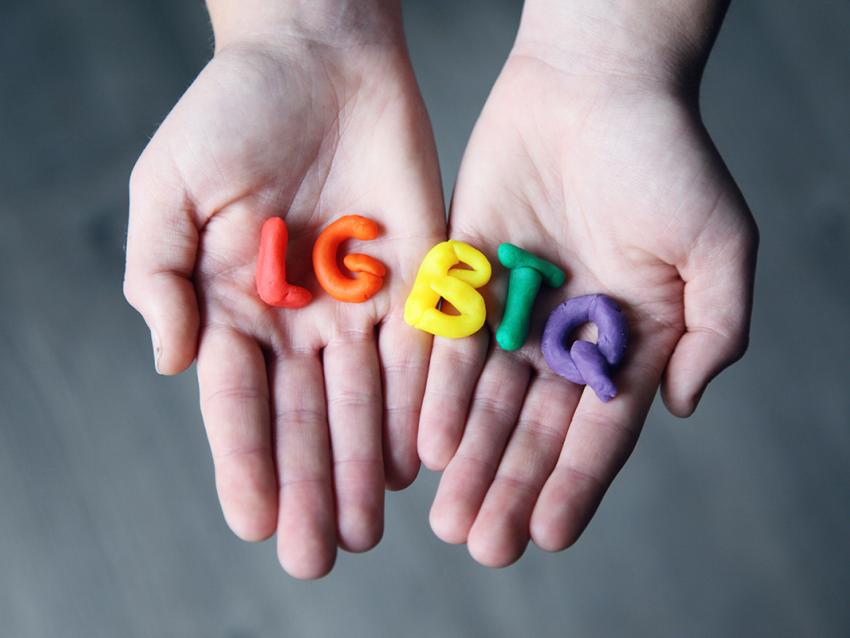
Oped by Dr. Anthony Carney: Why is a practice that tortures young people legal in Kentucky?
As a gay man, it frightens me. As a health care professional, it enrages me. I am a board-certified family nurse practitioner who serves the health care needs of LGBTQ+ patients. My work is dedicated to evidence-based practice and advocacy for my patients. Fortunately, I never experienced conversion therapy firsthand. However, one of my best friends did take his own life as a result of his experience with conversion therapy when we were 13.
Conversion therapy threatens my community and needs to end. I am calling for a legislative end to the practice in Kentucky.
The practice asserts that same-sex attraction or any form of the trans experience is “curable.” The notion is that the experiences of LGBTQ+ youth are some sort of disorder or disease. Homosexuality was removed in 1973 from the Diagnostic and Statistical Manual of Mental Disorders (DSM).
The diagnostic term for the broad spectrum of people who transiently or persistently identify with a gender different from their natal sex recently changed from “Gender Identity Disorder” to the more sensitive term, “Gender Dysphoria.” American medicine is slowly de-pathologizing LGBTQ+ lives, but conversion therapy is one of the remaining remnants of harmful treatment of the community.
Conversion therapy has been deemed as a non-evidenced, non-therapeutic approach to sexual orientation and gender identity minority patients by many organizations including the American Academy of Child and Adolescent Psychiatry, the American Medical Association and the American Psychiatric Association. According to a study by researchers at San Francisco State University, LBGTQ+ youth who experience conversion therapy are more likely to report attempted suicide, develop a substance use disorder and develop mental health problems such as depression.
Twenty thousand LGBTQ youth ages 13-17 will receive conversion therapy from a licensed health care professional before they reach the age of 18 in the 41 states that currently do not ban the practice.
I urge my fellow Kentuckians, especially my nurse colleagues, to contact your legislators and join the effort toward supporting House Bill 19 and Senate Bill 30. Doing so protects vulnerable youth in our community. This bill, the Youth Mental Health Protection Act, follows the evidence and advocates for the safety and well-being of LGBTQ+ youth by helping them never experience the trauma that comes with a dishonest, torturous practice.
###
The above op-ed was written by Anthony Carney, DNP, APRN, CCRN, FNP-C, and was published by the Kentucky Nurses Association and the Louisville Courier-Journal. Dr. Carney is an assistant professor at the University of Kentucky College of Nursing and a nurse practitioner with the Phillyis D. Corbett Community Health Center and the Transform Health.
